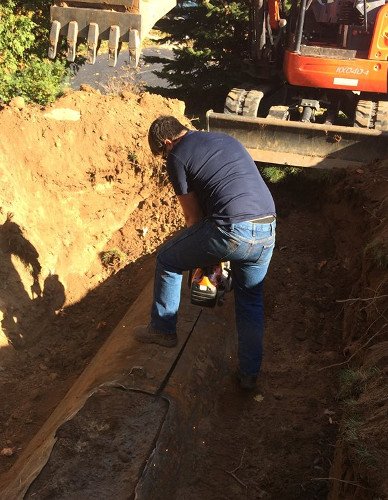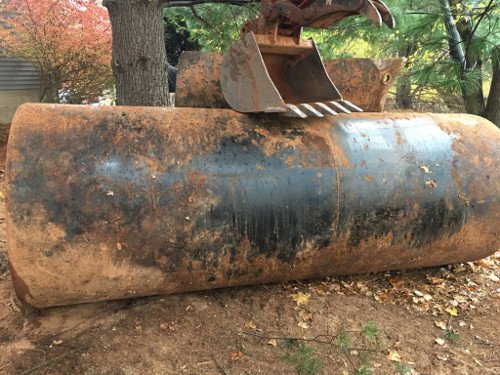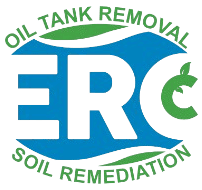Buried Oil Tanks: A Potential Hazard for New Jersey Home Buyers
In the case of older homes, buried residential oil tanks are not uncommon in New Jersey. Up until the 1960’s and 70’s, homeowners routinely chose this storage option for their heating source. Home owners were unaware of the environmental risk, and it was simply the accepted thing to do for your home heating.
Buried Oil Tank Hazards
 Today, we are all aware of the potential hazards and environmental problems associated with buried oil tanks. Leaks are typically the biggest concern with these large storage vats. Leakage can lead to groundwater and soil contamination and other serious problems. It’s always a good idea to get your tank inspected or removed before buying or selling a property.
Today, we are all aware of the potential hazards and environmental problems associated with buried oil tanks. Leaks are typically the biggest concern with these large storage vats. Leakage can lead to groundwater and soil contamination and other serious problems. It’s always a good idea to get your tank inspected or removed before buying or selling a property.
The older the tank, the higher the possibility of corrosion and leakage. So, even if the tank hasn’t yet leaked when new owners purchases a home, the chances grow over time that this is an issue they will eventually have to deal with it through remediation or decontamination.
Collapse is a risk as well. Oil tank removal can be extremely hazardous and should only be performed by professionals. Last December, a Montclair New Jersey man was trapped under a tank he was attempting to cut up and remove. Fortunately, the local fire department was able to safely rescue the man, explaining that they had experience with these types of accidents in many neighboring towns.
Explosions are another frightening possibility. When fuel remains in the tank, a spark may ignite and cause an explosion. In one terrible example, two workers were killed by an exploding fuel tank in Westchester County, New York in May 2015.
Buyer Concerns
When purchasing a home in New Jersey, be sure to ask about the presence of a buried oil tank. In some cases, the current owner may have purchased the home after a switch had already been made to gas, and don’t even know if there’s an underground tank on the property. If this is the case in an old home, consider asking the sellers to hire inspectors to use metal detectors for a property sweep to check for an underground tank.
If the residential real estate you are considering does have a buried oil tank, take proactive steps to address the problem right away. Discuss the issue with the sellers. They may be willing to credit you the cost of oil tank removal in the sales terms. But be sure to have the ground tested first to eliminate the possibility of contamination and talk with a professional about next steps.
Seller Action
If you’re putting your house on the market, things will move much more smoothly if you take care of a buried oil tank first. It will make your property more marketable and demonstrate responsible ownership to potential buyers.
Whether you’re selling or buying, if you need to have an underground oil tank removed from your property, Contact us at ERC, and we’ll do the job safely and professionally, all for a flat rate.



